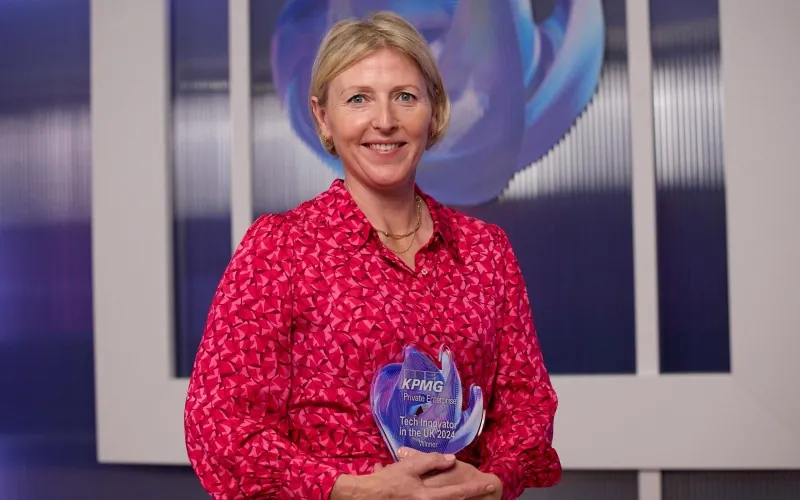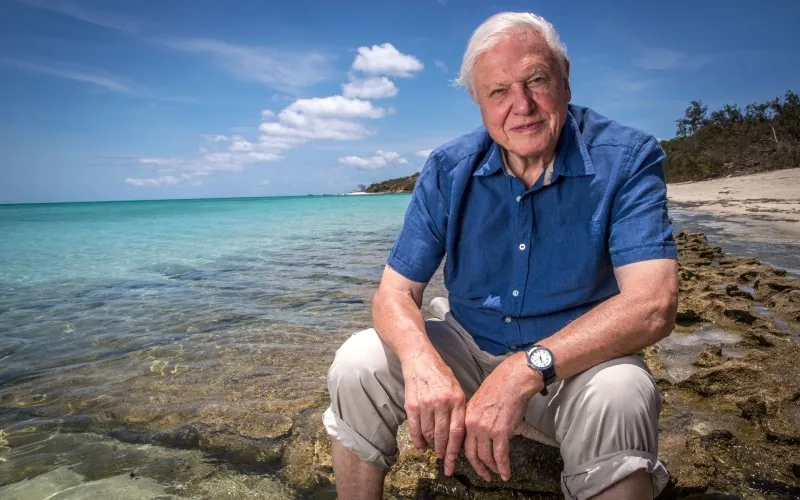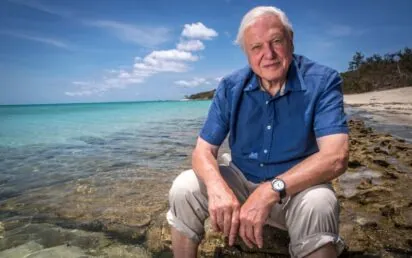“We only recycle about 7% of our plastic in the UK… and that is those white milk bottles from the supermarket.”
Dr Henrietta Boyd is straight to the point when painting the picture of what she terms the ‘colossal’ problem of plastic waste and says the official figures around how much plastic is recycled in the UK are misleading.
“In this country, if your plastic makes it to a mixed recycling facility, it is then counted as recycled in the statistics – even if it’s then sent off to the Philippines,” she explains to BusinessCloud. “There is a narrative that we meet our recycling targets, but no – we don’t. And it’s hard to get the data.
“Some of it’s been incinerated, but most of it is still out there. And the stuff that’s floating in the ocean that you see on the David Attenborough documentary is the plastic that you and I washed and put in our recycling bins.
“It’s not litter. It’s not coming from other countries. It’s coming from us… it’s not transparent.”
Dr Boyd – who is keen to stress that people should continue to put their plastic in for recycling – founded Halocycle in January 2020 with technical director John Robinson to tackle the problem. “It was spectacularly bad timing! The week that we were due to start the lab was the week of the first lockdown,” she says.
Their company has a vision of a circular lifecycle for PVC and other chlorine-containing plastics, leading to a dramatic reduction in plastic waste entering landfill, incineration or otherwise leaking into the environment.

Dr Henrietta Boyd, Halocycle, KPMG UK Tech Innovator 2024 winner
Deploying established microwave processing technology in an innovative fashion, it says more than eight billion tonnes of plastic has been produced to date – and more than 90% of that has never been recycled.
“Plastic is an amazing product. It’s not the enemy. It’s what we do with it at its end of life that’s the problem,” says Dr Boyd. “It has completely transformed our way of life. We couldn’t really live without it.
“People who say they go plastic-free are not really plastic-free: they take medicine, they go to hospital, they drive in a car, they fly on an aeroplane, they have a credit card, they have a phone, they have a computer.
“They may be trying to be plastic packaging-free, which is fair enough – but we need to be more responsible with it. If we can make a circular economy for plastics and carry on using it without causing as much damage as we’re causing now, then great.”
Dr Boyd, who will represent the UK in the KPMG Global Tech Innovator grand final at Web Summit in Lisbon tonight, has built a pilot plant in Halocycle’s home city of Hull. “It’s an industrial facility processing real waste streams.
“The reason we’re based here is because my dad worked in fishing in Hull – and ultimately I would like to fish all this stuff up out of the ocean and reprocess it here!”
Dr Boyd says Halocycle is about to go to market for its next funding round to build its first commercial-scale plant – and Web Summit is a golden opportunity to tell the story.
“At an event like this, you never know where a conversation might lead in the future,” she says of Europe’s biggest tech conference. “The Global Tech Innovator competition is great timing in that regard.
“When I look at our competitors, they have a much bigger team; they’ve spent much more money to get to where we are; their technology is not as good; and they’re raising more than we are.
“So we’ve done incredibly well to get to where we are.”
Our ‘From the Summit’ daily dispatch email will be sent out at the end of each day of the Web Summit tech conference in Lisbon. Subscribe to our newsletter to receive it in your inbox.


